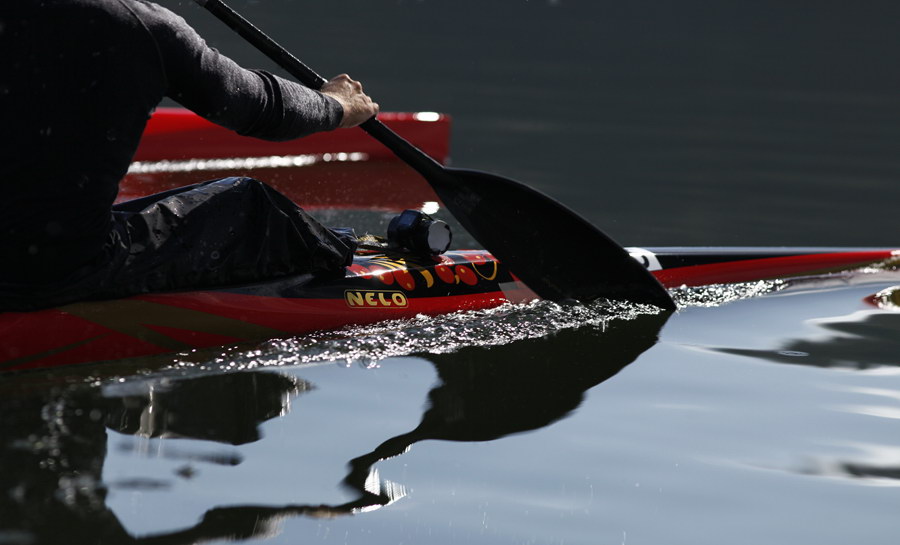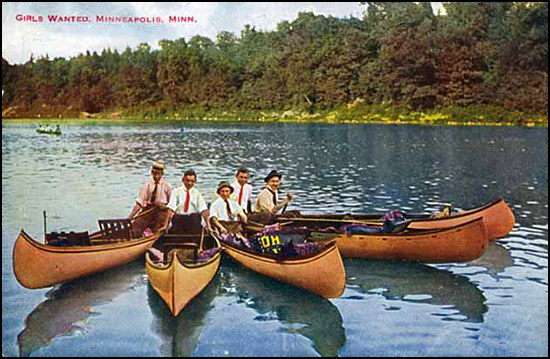Adam van Koeverden: scammers have no excuses
 A recent article about a baseball player who admits to doping has outraged Adam van Koeverden. The famous rower dotted all the “i” and explained why you can not put up with breaking the rules.
A recent article about a baseball player who admits to doping has outraged Adam van Koeverden. The famous rower dotted all the “i” and explained why you can not put up with breaking the rules.
In early November, an article by Kesel Kelly was published in the Canadian newspaper The Globe and Mail. In it, the journalist tried to justify one of the most successful professional American baseball players, Alex Rodriguez, who was recently disqualified for doping. Kelly believes that the audience wants to see, and they do not care if the athlete is honest or resorts to tricks. Doping is only a private matter of choice, says Kelly. And if using a prohibited substance, a professional athlete can become stronger, faster, more successful and richer, why not take the risk? The author of the article admits that he himself would have done the same. Moreover, he is confident that there are many professional athletes in the company of doping lovers. Moreover, not caught – not a thief, and the risk – a noble cause.
Adam van Koeverden, a two-time world champion and Olympic champion, found the article Kelly outrageous. His answer appeared after a couple of days in the same newspaper. In it – everything that Adam thinks about doping, ethics, fair struggle, which is the foundation of any sport, and about fraudsters, for whom, in his opinion, you can not look for excuses.
“I’m not a fan of Alex Rodriguez. Not particularly interested in baseball. I am not an expert in the use of doping in professional or amateur sports.
An article in The Globe and Mail forces me to speak. The newspaper journalist Kasel Kelly tweeted: “Alex Rodriguez used dope. And I would do that. And you too”. In response, I said that I was not one of those people, but I first read his article. I was hoping to find in her satire, irony, or at least some hint that Kelly was joking.
But I have not found anything like that. All that is in it is an unconvincing attempt to justify the use of doping by athletes.
I have never used doping to improve athletic performance. Never. I guess that was always one of the possibilities, but not the one I had ever thought about. And this is despite the fact that now I am preparing for the Olympics at the age of 32 years and am approaching the end of a kayaker’s career. According to Kelly, Rodriguez was in a similar situation when he allegedly decided to go to the dark side.
Kelly argues that athletes are first and foremost artists, and these words make my blood boil. We are people, competitors, and it seems entertaining to some. We are not engaged in entertaining choreographic productions. The argument that the use of doping can be justified by increasing entertainment is absurd. Equally incredible is the argument that justifies a dangerous path for the fun of the audience and prime time on TV. I think that this applies to professional and amateur sports, and the line between them is becoming increasingly blurred.
Kelly makes an important assumption that most professional athletes practice doping. He admits that, being one of us, he would choose the forbidden, just to stay on the top lines of the rating and continue to receive multimillion-dollar rewards, which are usually associated with professional sports.
He compares the decision to apply doping with deception and “compromise to which we agree to go straight.”
When someone lies, he makes a deal with his conscience and risks one thing: his own dignity. When it comes to deception, it means chronic dishonesty. Dope use is not a small harmless lie. This is an obvious insult to the most fundamental principles on which sports are built.
We are not talking about cheating in the Tetris game, which allows the pieces to fall more slowly. This is not a television show. This is the life of an athlete and his reasons for being so. This is an inspiration for children and fans around the world. Doping is like stealing or fraudulent in business. The guilty do not just steal time, fame, medals and money, they steal the hearts and applause of millions of viewers – from those who deserve all this more than they do.
The decision to deceive does not come from considerations of convenience, as Kelly suggests. Faster recovery from injury, not to miss the competition, or to resist age-related changes, being at the peak of a career … The decision to deceive is due to greed and vanity. This is a scam, simple and frank, and those who are envious and hypocritical are not capable of accepting the place that they actually occupy in sports.
If it is so easy to justify deception, how far can a journalist go, pursuing his goals? Plagiarism for the Pulitzer Prize – is this normal? Distort the facts so that the article gets on the front page? Translate someone’s words for piquant expose?
The answer is no, of course. This not normal. It’s abnormal because we have dignity: athletes, writers, professionals, and simply – human dignity.




